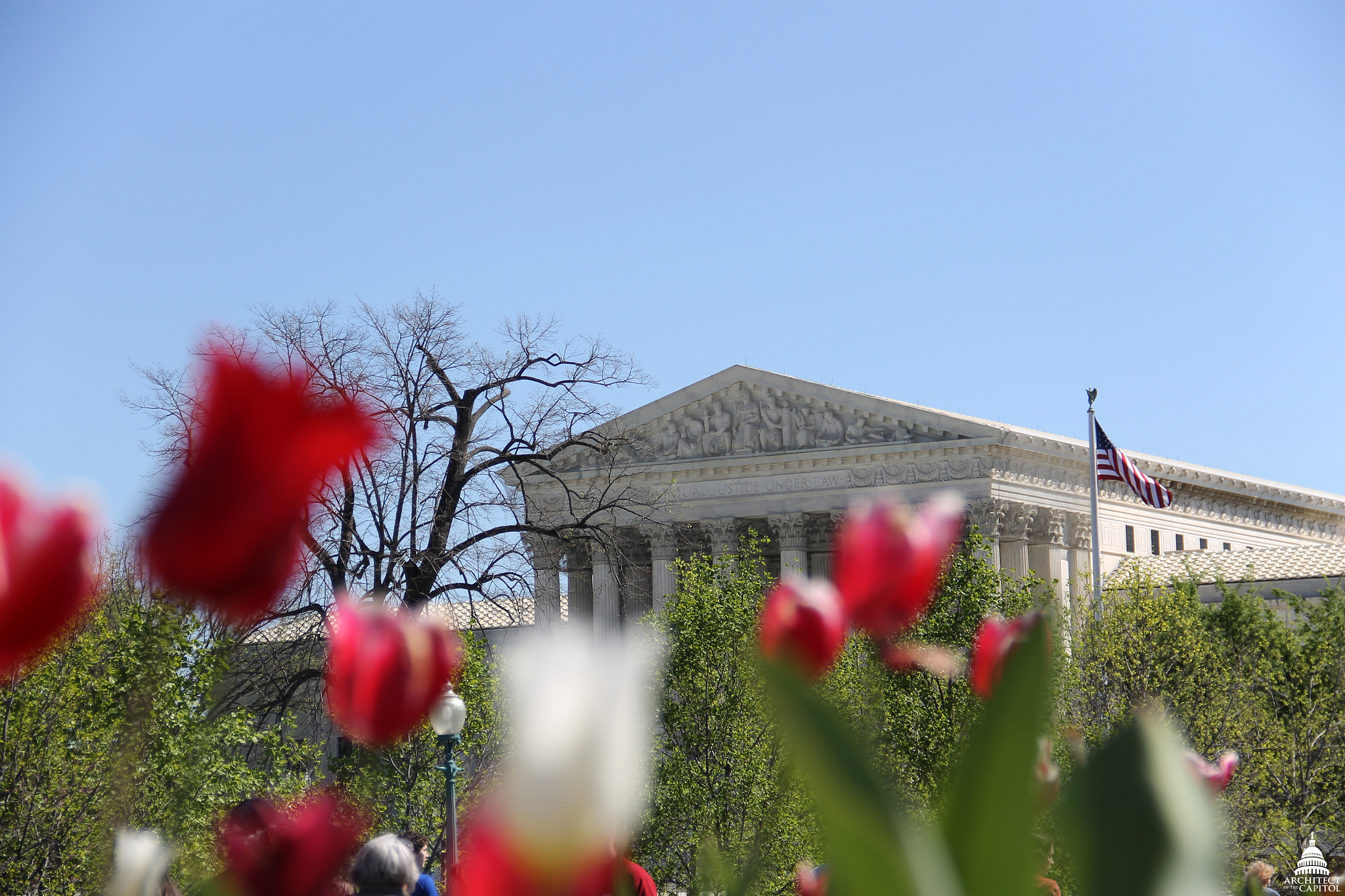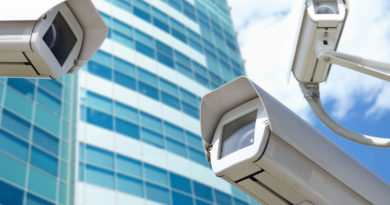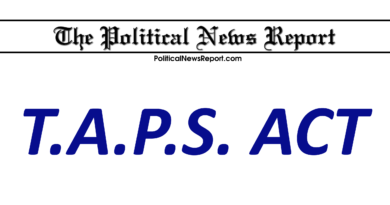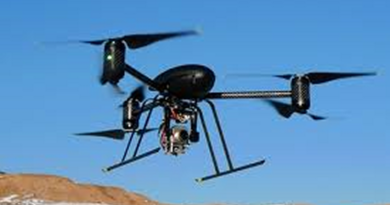Supreme Court Rejects Warrantless Cell Phone Data Seizure
Carpenter v. U.S.
FBI agents are required to take an oath to “support and defend the Constitution of the United States against enemies foreign and domestic.” But in the U.S. Supreme Court case of Carpenter v. U.S. (links below), the United States federal government argued that it shouldn’t need a warrant, as is normally required by the Fourth Amendment, to obtain the massive amounts of data that cellphone companies hold about Americans.
In making this argument, government lawyers relied on a 1970s-era legal doctrine that says once someone shares information with a “third party”, that data is no longer protected by the Fourth Amendment. In this case, that “third party” was the cell phone provider for defendant, Timothy Carpenter. Mr. Carpenter was convicted in 2013 of a string of burglaries in Detroit. The FBI obtained months’ worth of Carpenter’s location information from his cellphone provider without seeking a warrant and used the data to tie Carpenter to the burglaries.
when the Government tracks the location of a cell phone it achieves near perfect surveillance, as if it had attached an ankle monitor to the phone’s user. – Chief Justice John Roberts
The FBI obtained almost 13,000 data points which tracked Carpenter’s whereabouts during that period. According to the American Civil Liberties Union (ACLU), who argued the case before the Supreme Court, the data “revealed where he slept, when he attended church, and much more”. In its decision handed down on Friday, the Supreme Court rejected the government’s argument and ruled that police need a warrant before they can seize people’s sensitive location information stored by cellphone companies. As Chief Justice John Roberts wrote in the decision, “when the Government tracks the location of a cell phone it achieves near perfect surveillance, as if it had attached an ankle monitor to the phone’s user.”
How far have we gone?
The Fourth Amendment provides, in relevant part that “[t]he right of the people to be secure in their persons, houses, papers, and effects, against unreasonable searches and seizures, shall not be violated, and no Warrants shall issue, but upon probable cause, supported by Oath or affirmation, and particularly describing the place to be searched, and the persons or things to be seized.” The ACLU hails the Carpenter decision as “arguably the most consequential privacy decision of the digital age”, citing the broad implications for government access to all manner of information collected about people and stored by the providers of popular technologies.
The right of the people to be secure in their persons, houses, papers, and effects, against unreasonable searches and seizures, shall not be violated, and no Warrants shall issue, but upon probable cause, supported by Oath or affirmation, and particularly describing the place to be searched, and the persons or things to be seized. – U. S. Const. amend. IV.
On its blog the ACLU said that this decision shows the U.S. Supreme Court “rejects the government’s expansive argument that people lose their privacy rights merely by using those technologies.” But as promising as this decision appears to be for keeping the police state at bay (a little longer), I can’t help but think how far we have gone when FBI agents are comfortable putting the weight of the top law enforcement agency in the nation behind such a blatant violation of one of the founding principles of this nation.
As noted above, FBI agents are men and women who have sworn an oath to “support and defend the Constitution of the United States.” How does the FBI’s seizure of all of that data without bothering with the minimal check provided by the Fourth Amendment’s warrant requirement not violate that oath? How far down the path to George Orwell’s 1984 police state have we traveled when the FBI is willing to expend tax-payer resources to fight, all the way to the U.S. Supreme Court, the minimal requirement to obtain a warrant before seizing massive amounts of data on one individual?
Related:
- U.S. Global Engagement Center to Use “Blockchain-Enabled Content Authentication”, May 2, 2018
- Amazon’s Rekognition Service, Coming to a Police Department Near You?, May 23, 2018
- Facebook Security Chief Warns of Creation of Ministry of Truth, October 11, 2017
Resource Links:
- The Supreme Court’s Groundbreaking Privacy Victory for the Digital Age, ACLU, June 22, 2018
- Carpenter v. U.S., No. 16-402 (U.S. June 22, 2018), The Supreme Court of the United States [Slip opinion], June 22, 2018
- U.S. Supreme Court in Spring image credit: U.S. Government Works – Architect of the Capitol




